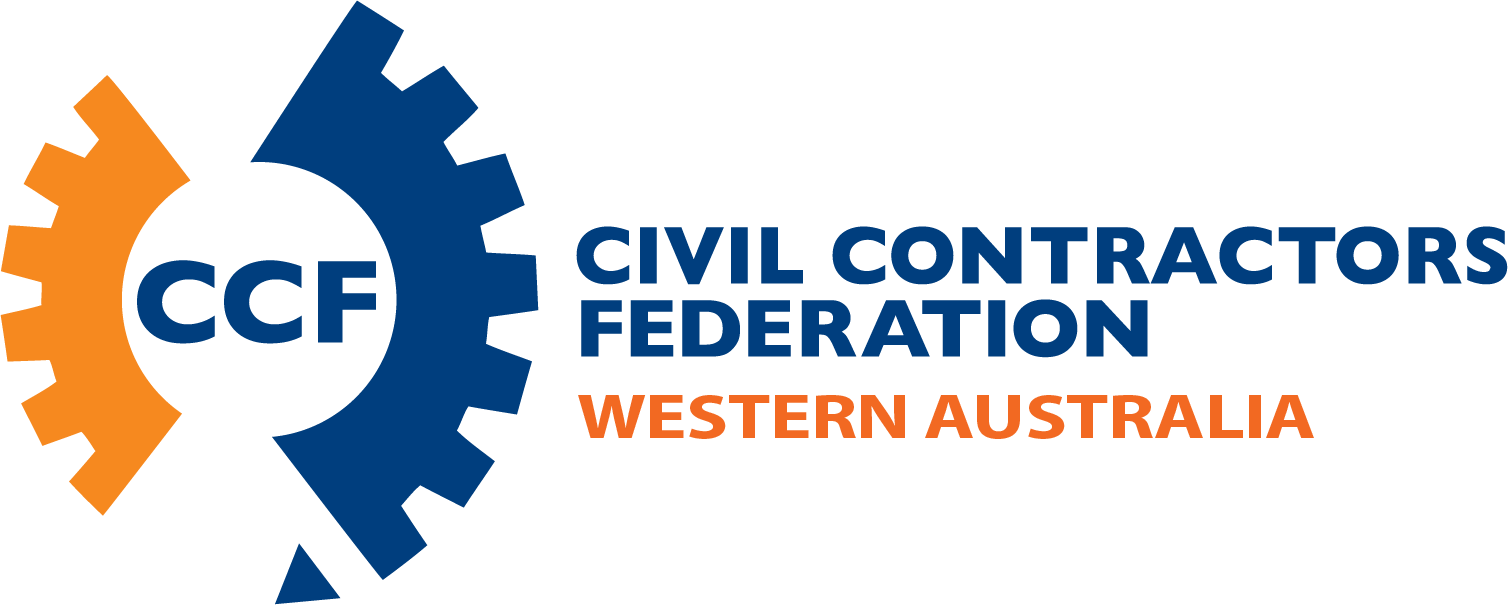The decision by WBHO South Africa to put its Australian infrastructure business into administration highlights an ongoing profitability crisis right across the building and construction industry, including Western Australia’s civil infrastructure sector.
Reporting of WBHO Australia’s financial problems has understandably focused on the group’s high-profile Melbourne-based building division, Probuild. Closer to home, the group’s civil construction business, WBHO Infrastructure, is based here in Perth and a key player in the local infrastructure sector. WBHO Infrastructure’s excellence in infrastructure delivery has been recognised by multiple CCF WA Earth Awards, most recently last year for the Wanneroo Rd – Ocean Reef Road Interchange project. WBHO Infrastructure is currently part of the joint venture widening Mitchell Freeway from Hodges Ave to Hepburn Ave.
In a time of unprecedented infrastructure construction activity in Western Australia, it’s troubling that such a strong and capable civil contractor is thinking of closing its doors.
Our thoughts are with the WBHO-I team, who have to deal with this uncertainty on top of all the other pressures they’ve faced over the past two years during the pandemic.
This is a challenging time for all businesses in civil construction. We’re facing the disruptions and compliance burden of COVID-19 while in the midst of a boom in activity, with strong activity across the board in government works, in subdivision development and in resources construction.
While we have been fortunate in WA to have avoided project shutdowns, the pace of progress on projects has been significantly compromised by factors including border closures restricting the movement of people and companies; delays with the supply of materials and equipment; and rampant escalation in the costs of labour and materials.
All these factors have translated into totally unavoidable extra costs for contractors. With profit margins in the government infrastructure sector already wafer-thin, contractors can easily lose money on a project – and increasingly, that’s what is happening.
We are at risk of a profitless infrastructure boom, which will leave the local industry in worse shape than before.
In this environment, it’s more important than ever that when a contractor lodges a reasonable variation or delay claim, that claim is assessed fairly and quickly. Unfortunately, as WBHO alluded to in a statement this week, that’s often not the case, and contractors are all too often left carrying those unavoidable extra costs.
CCF WA believes it’s time for an urgent rethink of the way variation and delay claims are addressed. We need to progress from the current ‘just say no’ culture to a more balanced approach that recognises the importance of spending public funds wisely, while also ensuring that head contractors are not unfairly punished through delayed payment or non-payment where their claims are reasonable and justified.
The state government has been proactive in increasing protections for subcontractors through stronger security of payment laws, and rightly so. Now there needs to be a focus on speeding up payment to head contractors, many of whom must wait months or years to get their reasonable claims settled.
Despite the challenges, all civil contractors and suppliers appreciate the privilege of building the vital infrastructure that underpins economic development and improves our quality of life.
That’s why we do what we do, but increasingly more of our businesses are becoming unsustainable and more of our people are deciding they want a less demanding and stressful career.
The Government recognises this too, and in collaboration with industry is developing a long-term strategy for a sustainable civil contracting sector – a place where people want to work, where capable businesses are valued, and where there are pathways to growth.
The Office of Major Transport Infrastructure Development (OMTID) is leading the way by facilitating this strategy, and we look forward to working with them on its development and implementation.


